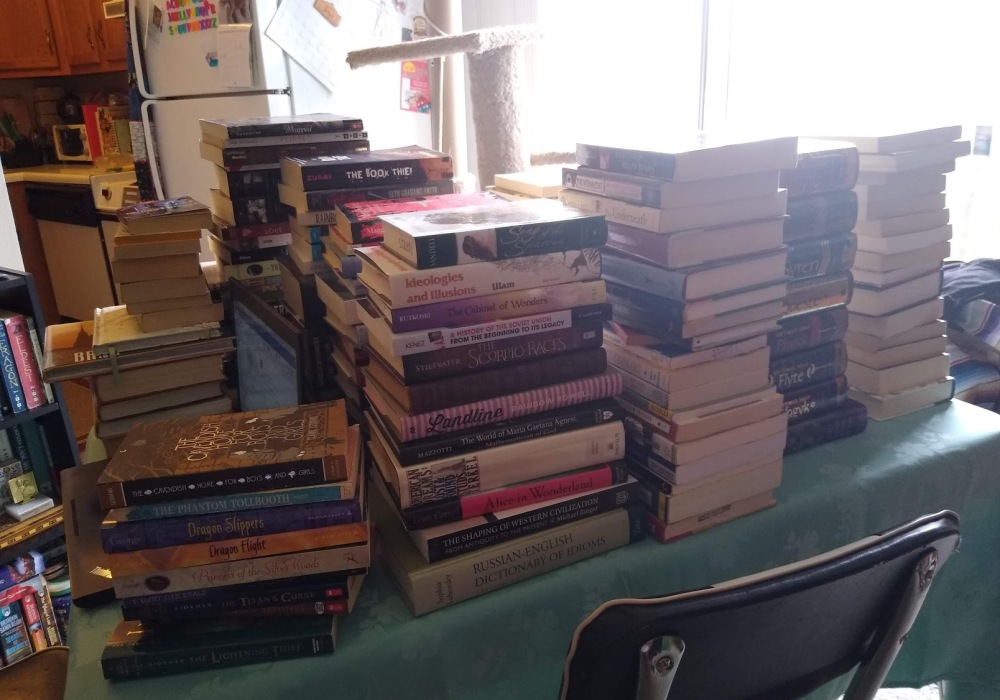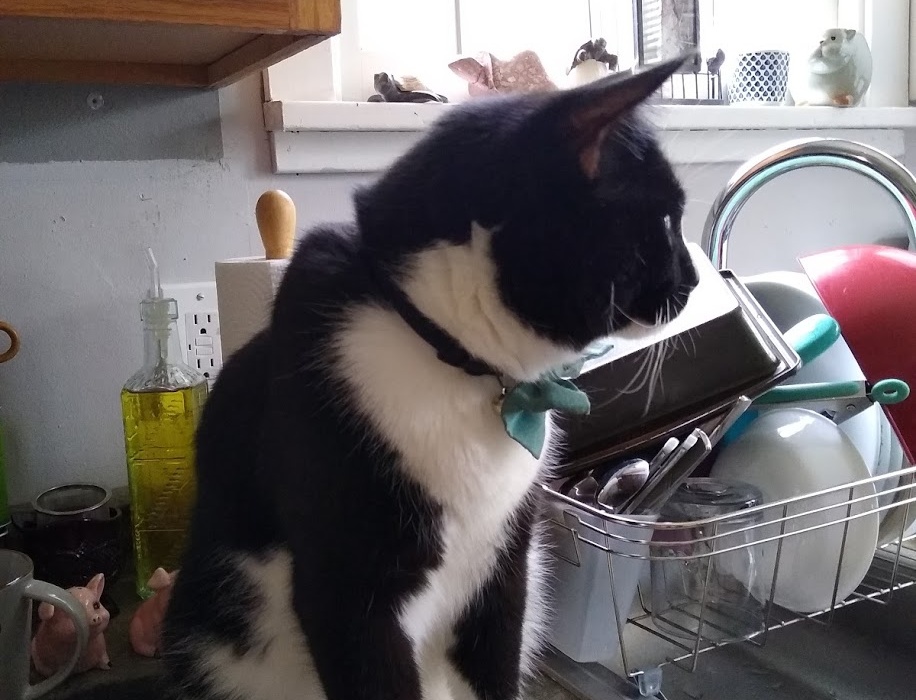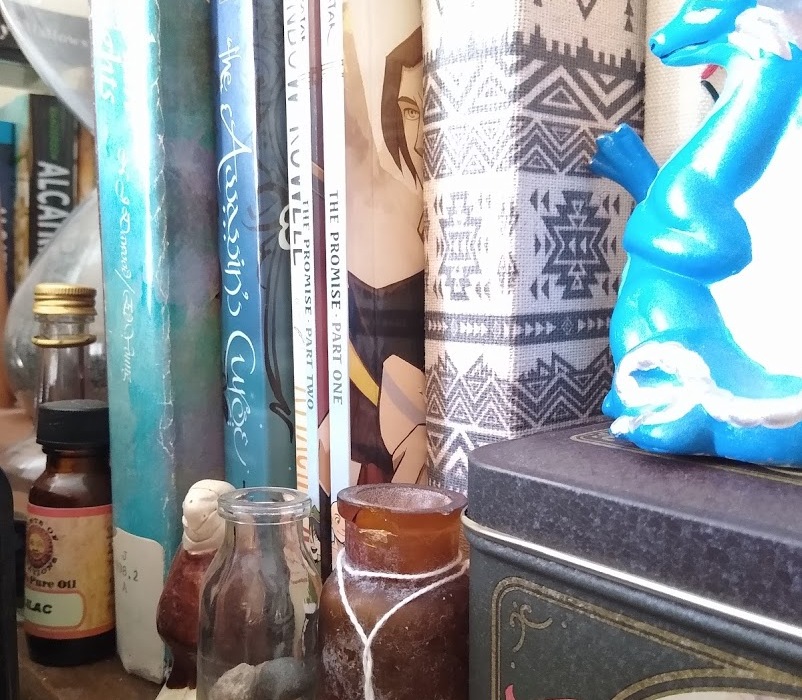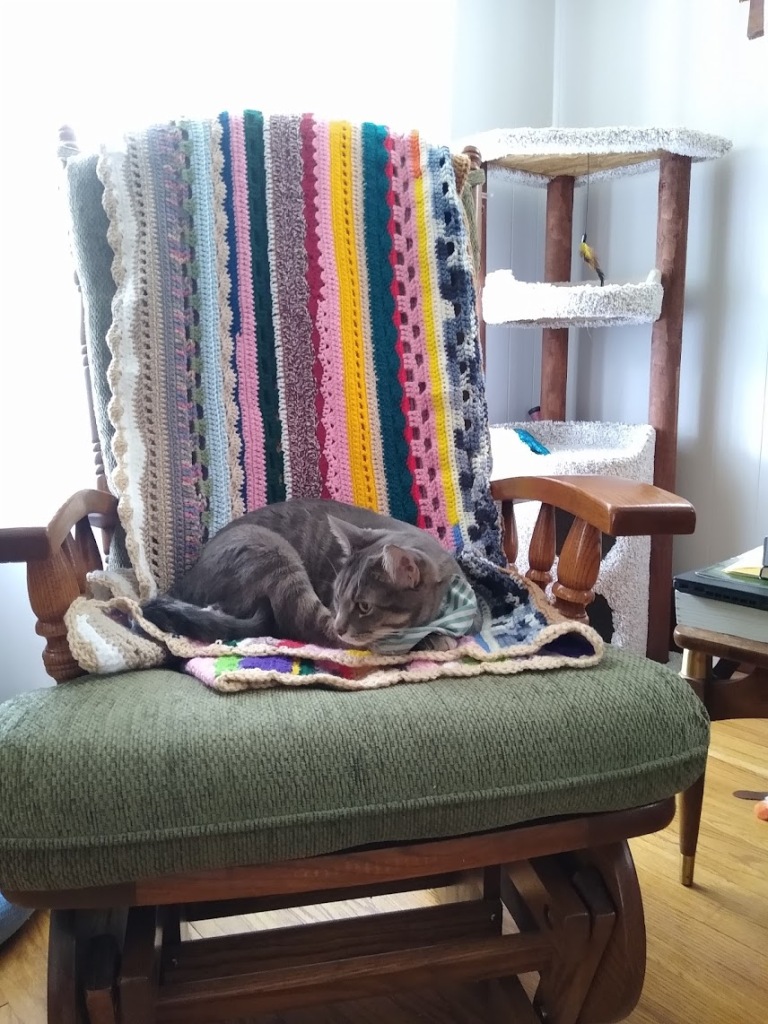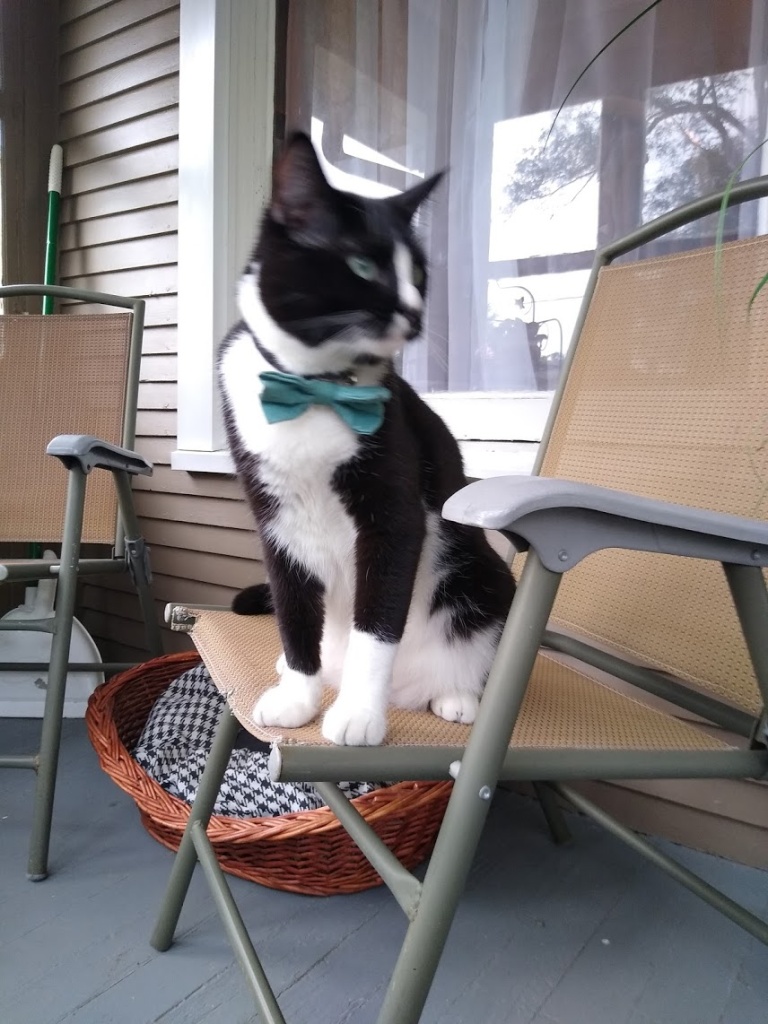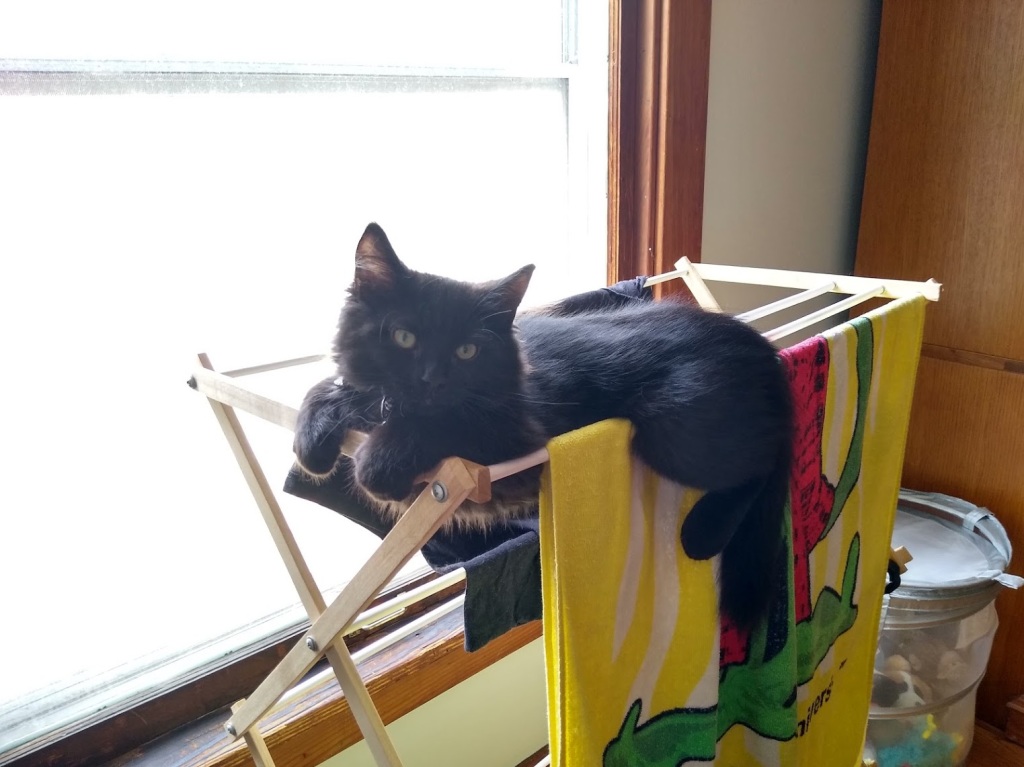Not knowing everything makes me uncomfortable.
I always want all the answers. Decisive, simple, black and white answers. I want to be able to point to something and say "this is bad" or "this is good." I want to know the right direction to go, and the right advice to give, always and everywhere, from now until the end of time.
As a mother and a writer especially, there's always a looming sense of responsibility over everything I do, and everything I learn. If I don't know it, I can't teach it, right? Can I presume to teach anyone out of the little I do know? What is my real responsibility, separate from my perception? To what degree is each of us accountable for what we accept as truth?
These are the questions that swirl around my head most days. It's pretty unfortunate, then, that I'm a fallible and shortsighted human who barely knows how old she is on any given day. Because of course, though the ultimate universal truth of everything is what I desire, I cannot contain all of it in this limited body.
There are a few things I know about this:
1) It is good to seek answers.
In Matthew 7:7, Jesus says, "Ask and it will be given unto you; seek and you will find; knock and the door will be opened unto you."
The deeper I go in my search for God, the more I wrestle with His vastness and my own inability to comprehend it. At times this brings me to doubt what I know. But do I give up when my questions feel too big for me? No. I keep asking, I keep seeking, I keep knocking. Doubt is a natural part of the Christian life, but in my doubt I must have faith--faith that although I may never run out of questions, God will never run out of answers.
2) It is impossible to know everything.
Isaiah 43:10 says, "You have been chosen to know me, believe in me, and understand that I alone am God."
Plan and simple, I'm not God--but I believe in a God who is, and that is the ultimate comfort. He understands everything I do not, He knows the inner workings of every heart, and He alone is just in judgement.
3) It is more productive to follow God's lead in each individual moment than to painstakingly work out solutions to every possible future situation.
The salvation of others concerns me. The future of my child concerns me. How my faith interacts with the issues that accompany being alive concerns me, as I strive to walk with God, to share the truth He's given me, and to reflect Christ in all things. But all of these grand questions are secondary to what should always be my main concern: living with God in the present moment, trusting His Spirit to do the work in me that He purposes to do.
Ezekiel 3:10-11 says "Son of man, let all my words sink deep into your own heart first. Listen to them carefully for yourself. Then go to your people in exile and say to them, 'This is what the Sovereign Lord says!'"
I am not God. It's not my job to judge rightly, to determine the state of every person's heart, to understand the precise workings of grace, sanctification, and judgement in everyone's life. It is incumbent upon me to trust the Holy Spirit to lead me well, to learn and accept the truth of God's word, to love correction, and lastly (and least importantly) to help others learn to recognize the truth when they see it.
God help me, I'd never presume to teach where I have no knowledge and no Spiritual insight, but I believe God gives us truth when we need it, and desires for us to live it out boldly.
If there's anything I know, it's that whatever I know, I know it because God has given me to know it. Life, wisdom, and discipleship may seem at times to be a tightrope walk between confidence and humility--but my confidence, my faith, is in God's leading, not my ability to follow. I know He is faithful to guide me, and I must be faithful in my humble desire for His guidance. Every word He gives me is like a precious seed that grows in His sunlight when planted.
In this way life becomes simple: as each moment arrives, I am to humbly follow, and do the right thing on God's authority, not my own.



